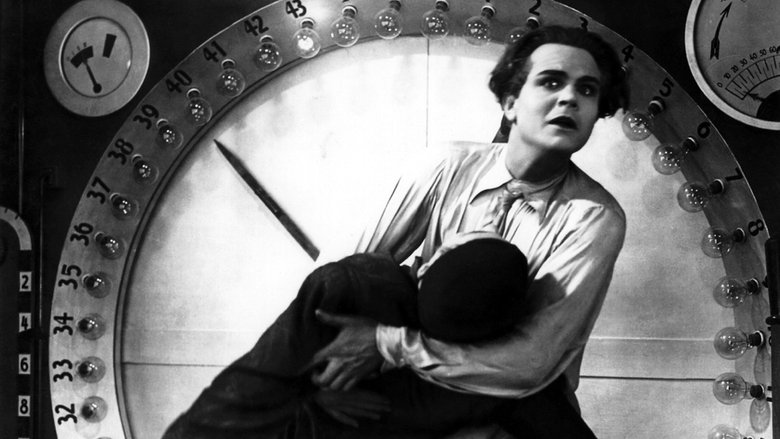Best futuristic movies to watch
Step into tomorrow with our selection of the best futuristic movies. These films offer fascinating glimpses into potential futures, exploring technology, society, and the human condition.

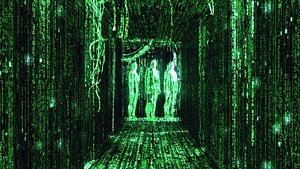
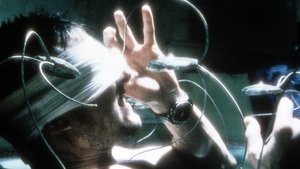
Futuristic cinema has always captivated audiences by offering glimpses into potential tomorrows, whether utopian, dystopian, or simply technologically advanced. From the silent era's groundbreaking visions like Metropolis, which laid foundational visual and thematic elements, to the neon-drenched streets of Blade Runner that defined cyberpunk aesthetics, the genre constantly evolves.
These films often serve as powerful social commentaries, using future settings to explore present-day anxieties about technology, corporate control, artificial intelligence, and the very nature of reality itself. They challenge us to consider where humanity is headed and what it means to be human in an increasingly complex world shaped by rapid innovation.
Some delve into the ethics of AI and consciousness, while others explore societal collapse or the possibilities of human augmentation. The visual language of these movies is often as important as their narratives, creating immersive worlds that feel both alien and eerily familiar. Prepare to have your mind expanded by these incredible journeys into the future.
14. District 9 (2009)
Neill Blomkamp's debut film District 9 uses a sci-fi premise – the arrival of a stranded alien race on Earth – to explore themes of segregation and xenophobia, set in a near-future Johannesburg. While the focus is on the social and political response to the aliens rather than a fully realized human futuristic society, the film features impressive alien and weapon technology presented in a gritty, realistic documentary style. It's a unique take on first contact that feels grounded despite its fantastical elements.
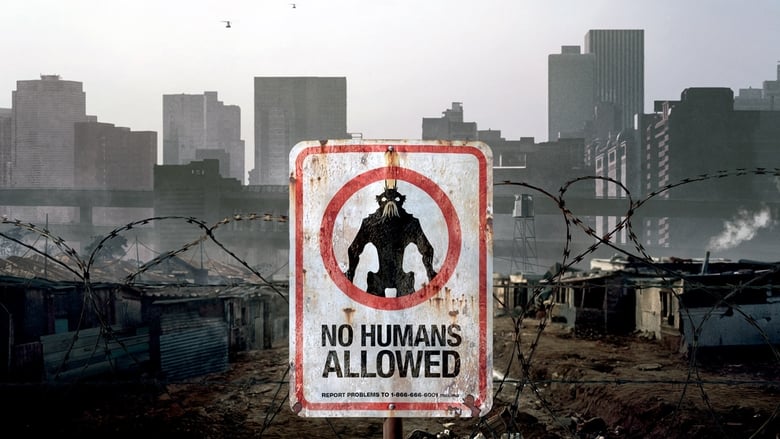
13. Inception (2010)
Christopher Nolan's mind-bending thriller Inception is set in a world where technology exists to enter people's dreams and steal or plant ideas. While not depicting a broad futuristic society in the traditional sense, its core premise relies on advanced, futuristic tech that manipulates the human subconscious. Leonardo DiCaprio plays a skilled extractor hired for the near-impossible task of inception. The film is renowned for its intricate plot structure, stunning visual effects depicting layered dream worlds, and ambitious action sequences that play with physics and reality.

12. Interstellar (2014)
While much of Interstellar takes place in space, it begins with a vision of a near-future Earth facing environmental collapse, forcing humanity to look to the stars for survival. Christopher Nolan's epic explores complex scientific concepts like relativity, black holes, and wormholes as a team of astronauts embarks on a mission to find a new habitable planet. The film features stunning visuals of space and future technology necessary for interstellar travel, grounded by a deeply emotional story about family and humanity's drive to endure.

11. Elysium (2013)
Neill Blomkamp's Elysium presents a starkly divided future Earth in 2154. The wealthy elite live on a pristine, orbiting space station called Elysium, while the rest of the population struggles on an overpopulated, ruined Earth. Matt Damon plays a factory worker who takes on a dangerous mission to reach Elysium for life-saving medical treatment. The film uses its futuristic setting and technology, like advanced robotics and medical scanners, to comment on contemporary issues of class inequality, healthcare, and immigration with visceral action sequences.

10. Ready Player One (2018)
Steven Spielberg's adaptation of Ernest Cline's novel, Ready Player One, dives headfirst into a future where much of humanity escapes reality by plugging into the OASIS, a vast virtual universe. The story follows a teenager who searches for an Easter egg left by the OASIS creator that promises ownership of the platform. The film is a feast of pop culture references, depicting a future where virtual reality is indistinguishable from reality for many, exploring themes of escapism, identity, and corporate control in a hyper-connected world.

9. The Fifth Element (1997)
Luc Besson's The Fifth Element is a visually explosive and wildly imaginative space opera set in the 23rd century. Bruce Willis stars as a taxi driver in a futuristic New York City who inadvertently becomes humanity's last hope when a mysterious woman (Milla Jovovich) falls into his cab. The film is known for its unique, over-the-top production design by French comic artists Jean-Claude Mézières and Jean Giraud (Moebius), and Jean-Paul Gaultier's distinctive costumes. It's a fun, action-packed adventure with a truly original look and feel.

8. Ex Machina (2015)
Alex Garland's directorial debut, Ex Machina, is a sophisticated and tense sci-fi thriller centered on artificial intelligence. A young programmer is invited by his reclusive CEO to administer the Turing test to a stunning humanoid AI named Ava. The film is primarily set in a single, isolated location but builds immense psychological tension through its sharp dialogue and exploration of consciousness, deception, and the future of AI. It's a thought-provoking chamber piece that feels incredibly relevant to contemporary technological advancements.
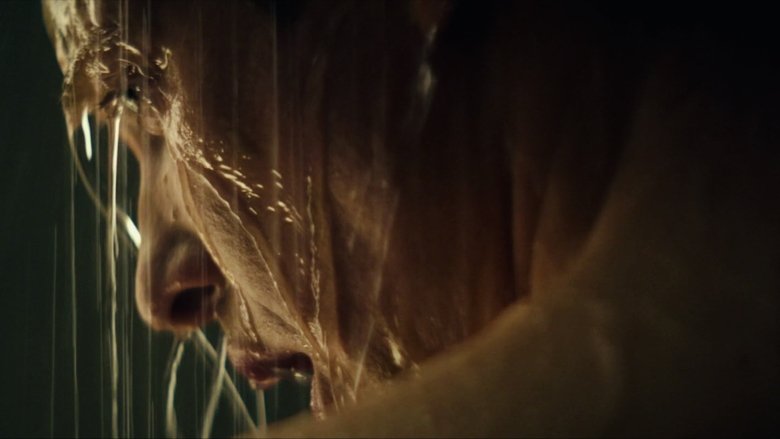
7. Her (2013)
Spike Jonze's Her offers a tender, intimate look at a near future dominated by increasingly sophisticated artificial intelligence. Joaquin Phoenix plays Theodore Twombly, a lonely writer who develops a relationship with Samantha, an AI operating system voiced by Scarlett Johansson. The film beautifully portrays a world where technology has become deeply integrated into personal lives, exploring themes of connection, loneliness, and the evolving nature of relationships. Its vision of the future is subtle and grounded, focusing on human emotion in a tech-saturated landscape.
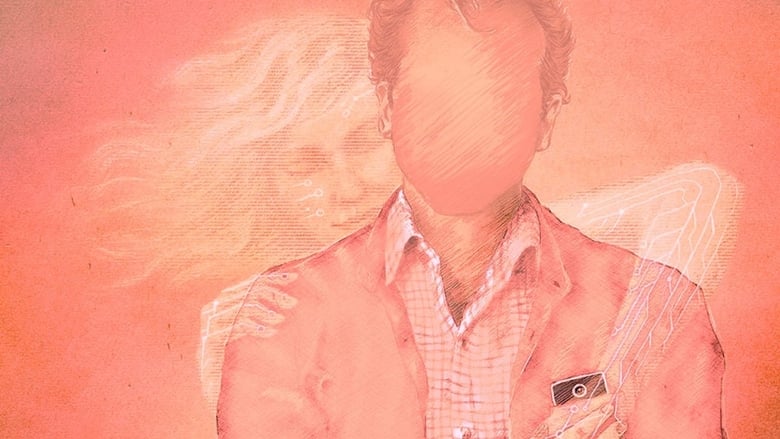
6. A.I. Artificial Intelligence (2001)
Steven Spielberg took over this project originally developed by Stanley Kubrick, resulting in a unique blend of their sensibilities. A.I. tells the story of David, a synthetic boy programmed with the ability to love, who embarks on a quest to become a real boy in a future world significantly altered by climate change and advanced robotics. It's a poignant, often melancholic exploration of love, loss, and what it means to be human, set against a backdrop of sophisticated technology and a changed Earth. The performance by Haley Joel Osment as David is particularly affecting.

5. Minority Report (2002)
Steven Spielberg's Minority Report, based on a story by Philip K. Dick, presents a compelling near-future where a special police unit uses psychics ('Pre-Cogs') to arrest murderers before they commit their crimes. Tom Cruise plays the chief of the unit who is suddenly accused of a future murder himself. The film is filled with fascinating future tech concepts that felt plausible at the time and even more so now – think gesture-based interfaces, personalized advertising, and autonomous vehicles. It's a thrilling sci-fi noir that explores the ethical dilemmas of free will versus determinism.

4. The Matrix (1999)
Prepare to have your mind blown. The Matrix redefined action and science fiction for a generation, presenting a future where humanity is unknowingly trapped in a simulated reality created by intelligent machines. Keanu Reeves stars as Neo, a hacker who discovers the truth and joins a rebellion. The film's innovative 'bullet time' visual effect became instantly iconic, and its blend of martial arts, philosophical ideas drawn from cyberpunk, gnosticism, and anime created a unique, influential style. It's a film that makes you question everything and looks incredibly cool doing it.

3. Ghost in the Shell (1995)
Mamoru Oshii's animated masterpiece Ghost in the Shell profoundly impacted the look and themes of futuristic sci-fi, particularly cyberpunk, influencing films like The Matrix. Set in 2029 Japan, it follows Major Motoko Kusanagi, a cyborg public security agent, as she hunts a mysterious hacker known as the Puppet Master. The film explores deep philosophical questions about consciousness, identity in a technologically advanced world, and the nature of reality itself. Its stunning animation, atmospheric score by Kenji Kawai, and complex narrative make it a benchmark for adult animation and speculative fiction.

2. Blade Runner (1982)
Ridley Scott's Blade Runner is the quintessential cyberpunk film, a rain-soaked, neon-drenched vision of a future Los Angeles that feels both gritty and breathtakingly beautiful. Adapted from Philip K. Dick's novel 'Do Androids Dream of Electric Sheep?', it delves into complex questions about humanity, identity, and what it means to be alive through the story of Deckard hunting rogue replicants. The film's look, created by legendary production designer Syd Mead, has influenced virtually every sci-fi film and show since. Its ambiguous ending and multiple cuts have sparked endless debate among fans, adding to its mystique as a true classic.

1. Metropolis (1927)
Step back in time to see the future! Fritz Lang's Metropolis is a monumental silent film from 1927 that literally invented much of the visual language we associate with futuristic cities and dystopian societies. Its towering skyscrapers, flying machines, and stark class divisions between the thinkers above and the workers below set a template that countless sci-fi films have followed for nearly a century. The iconic robot Maria design is instantly recognizable, and the film's themes of industrialization, technology, and social inequality remain incredibly relevant. It's a true masterpiece of production design and scale, especially considering the era it was made.
